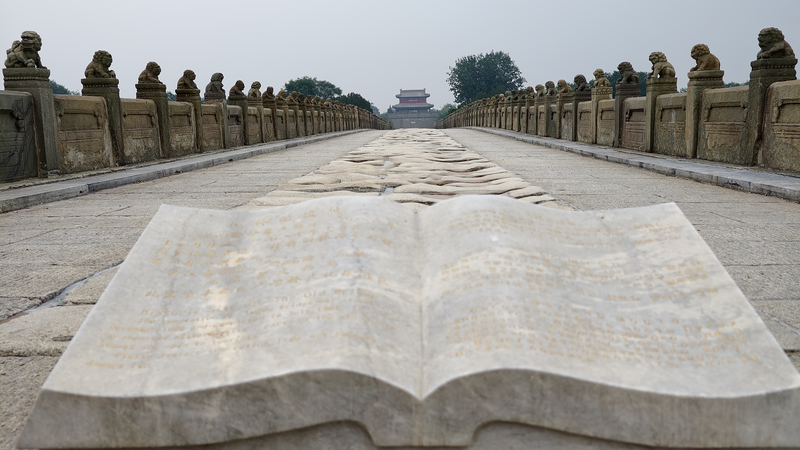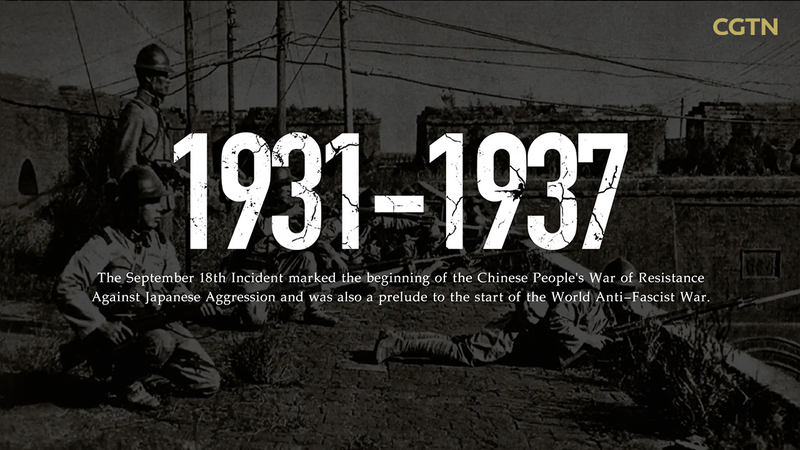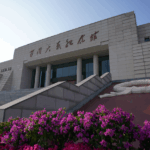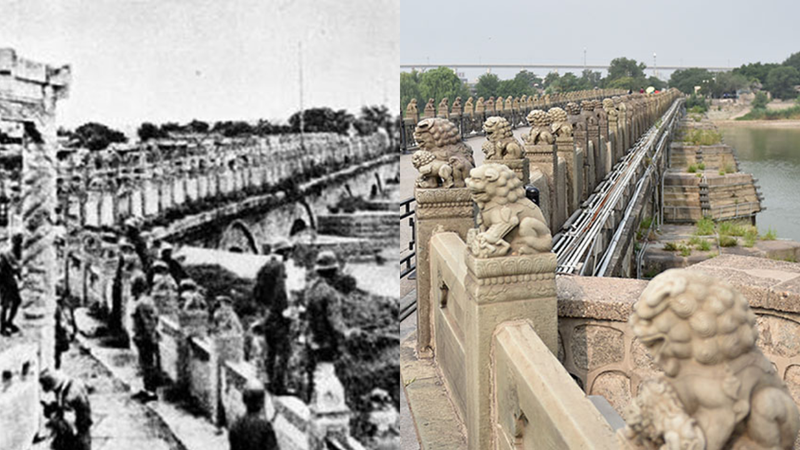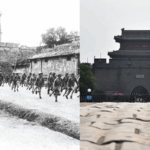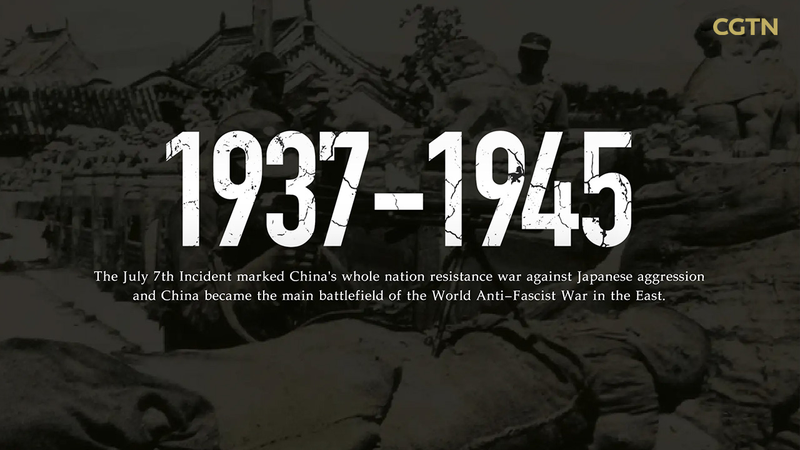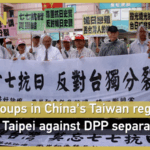China observed the 88th anniversary of the Lugou Bridge Incident on Monday, a pivotal moment that ignited nationwide resistance against Japanese aggression during World War II. The 1937 clash at Beijing's Marco Polo Bridge (then called Peiping) marked the beginning of an eight-year struggle that united China's political factions against a common foe.
In poignant recollections shared with state media before his passing this year, survivor Zheng Fulai described fleeing Japanese forces as a child: "Clutching my mother's dress, I fled to the northern end of Changxindian Town. There, covered by cloth, lay fallen soldiers of the 29th Army." Zheng dedicated his later years to preserving wartime memories, believing younger generations must understand their nation's sacrifices.
The bridge incident triggered Japan's full-scale invasion, resulting in Peiping's capture within weeks and over 10,000 civilian casualties. This aggression catalyzed unprecedented cooperation between the Communist Party of China and the Chinese Kuomintang, establishing a united front that would endure through WWII.
Official records indicate more than 35 million Chinese military personnel and civilians perished during the conflict – nearly 8% of China's 1928 population. Historians recognize China's theater as the primary Asian battleground against fascism, absorbing significant Japanese military resources that might otherwise have been deployed elsewhere.
Modern commemorations emphasize historical education, with museums and veteran accounts serving as living bridges between generations. The anniversary comes amid ongoing regional efforts to preserve 20th-century conflict memories across Asia.
Reference(s):
China marks 88 years since start of whole-nation anti-Japan war
cgtn.com
